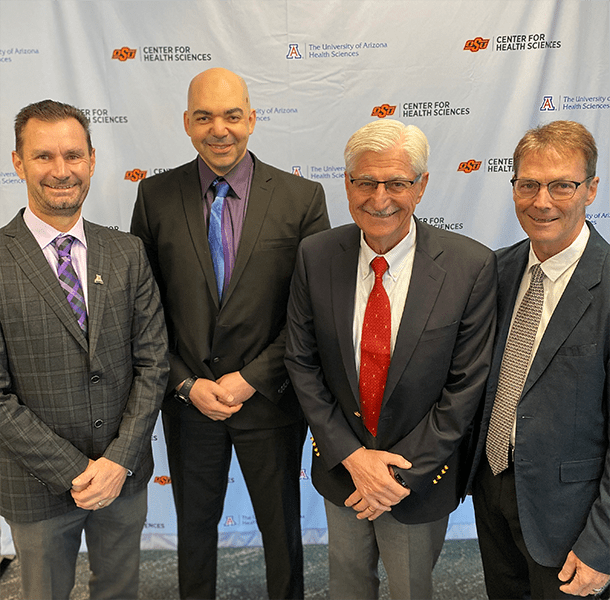Prevention
-
January is the perfect time for fresh starts and new traditions, making it an ideal month to explore the delightful world of mocktails. These non-alcoholic beverages are not just about skipping the booze; they’re about enhancing gatherings with creative, inclusive options that everyone can enjoy.

-
This week, the Oklahoma Opioid Abatement Board awarded $2.5 million in grants to different entities across the state. According to a news release from the office of Oklahoma Attorney General Gentner Drummond, the grants will support treatment and recovery programs, opioid abuse education and strategies to reduce the supply of narcotics statewide. Eighteen entities in…
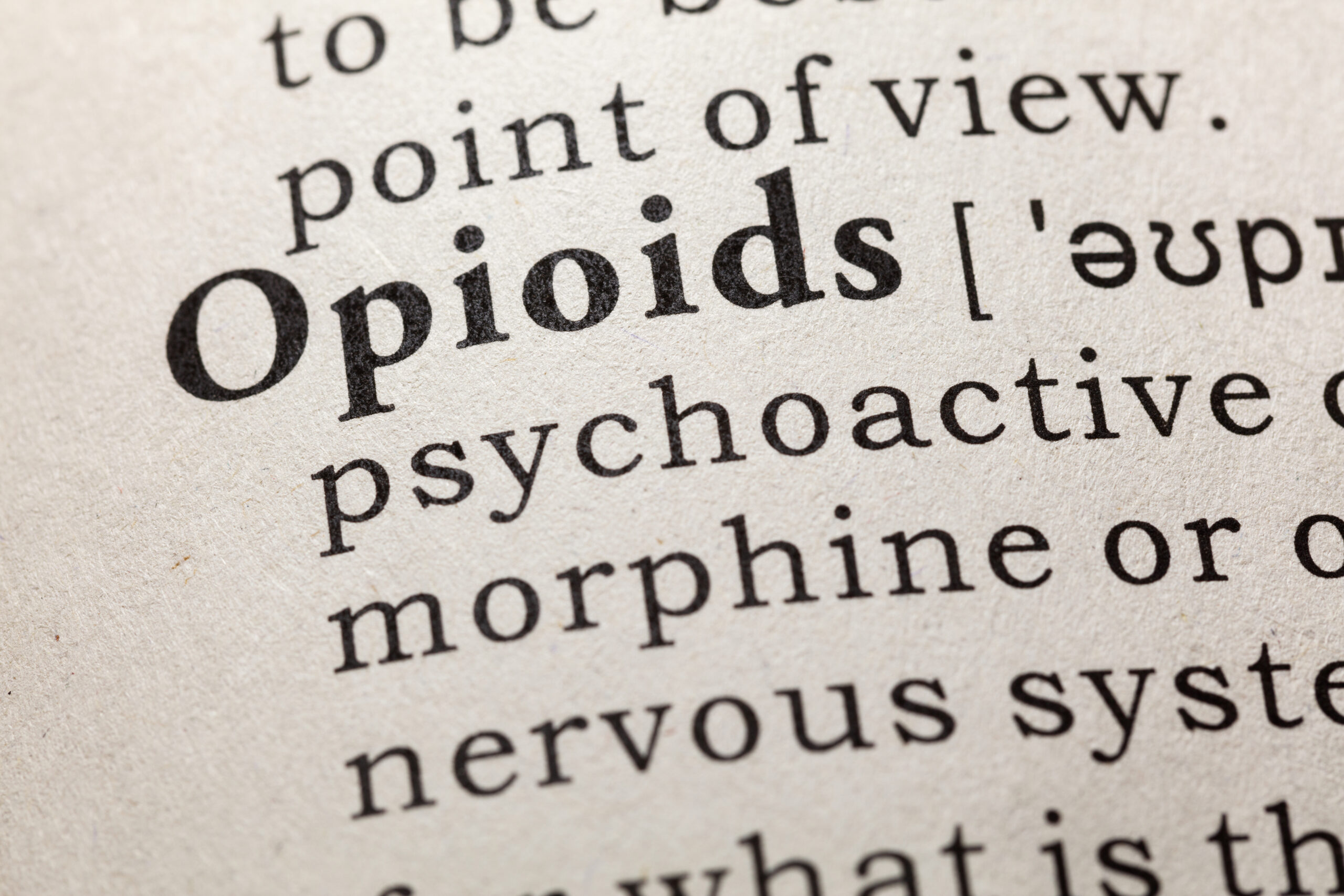
-
The recent Opioids in Pain and Addiction Symposium, held at the University of Arizona, gathered top minds in neuroscience, addiction treatment and pain management.

-
Jacob Layne’s journey to the National Center for Wellness and Recovery (NCWR) includes unexpected turns and the pursuit of knowledge. It all began in high school when Layne tore his anterior cruciate ligament (ACL) playing football.
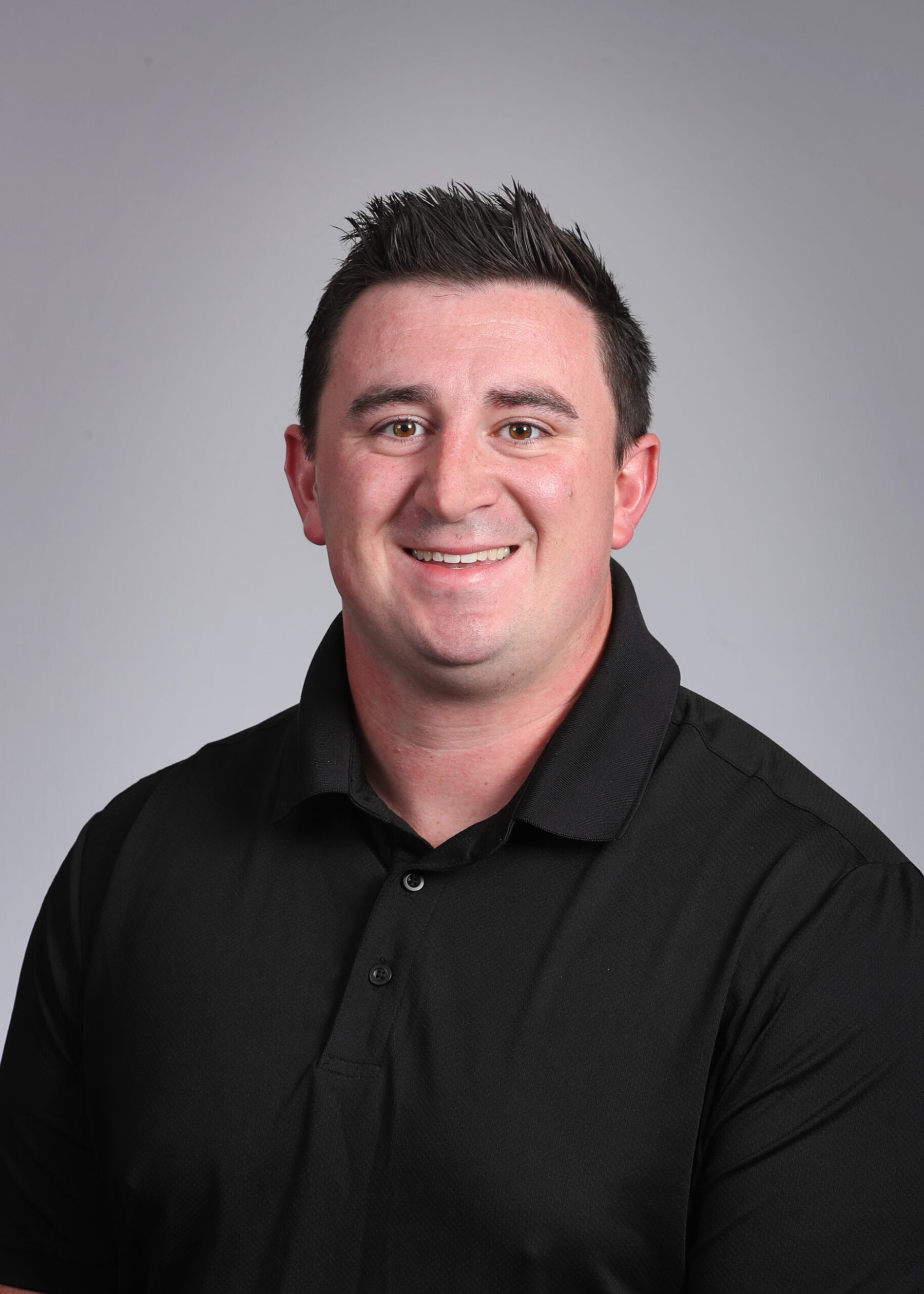
-
International Overdose Awareness Day (IOAD) serves as an important reminder of the lives lost to drug overdoses. This global event aims to raise awareness about overdose, reduce the stigma surrounding drug-related deaths and acknowledge the grief felt by families and friends.
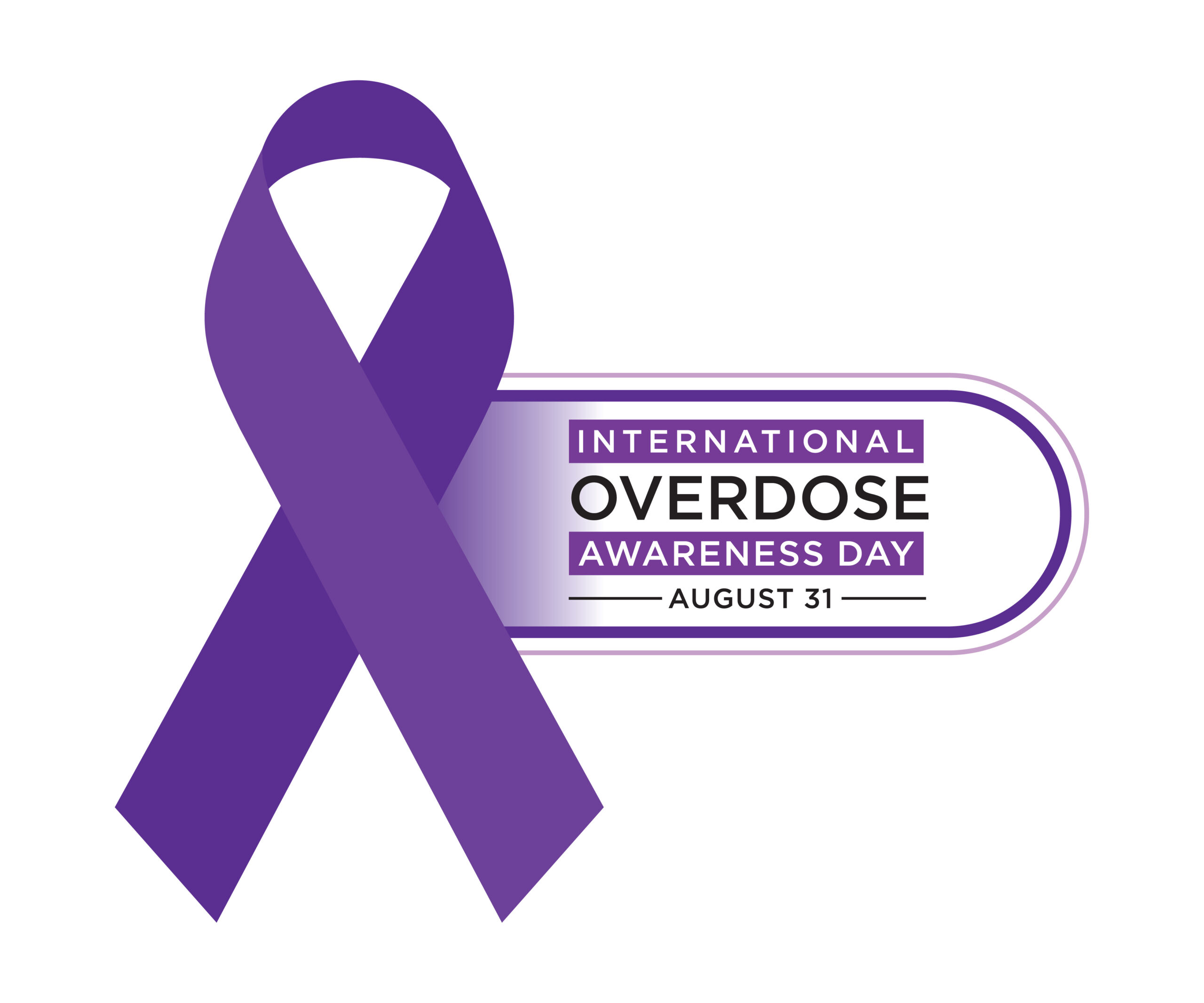
-
While fentanyl has a legitimate medical use, its illicit form has become a primary driver of the drug overdose crisis in the United States. “Illicit fentanyl has become widely available for recreational use and is often disguised in counterfeit prescription tablets such as Adderall or mixed with other substances like cocaine, and it has become…
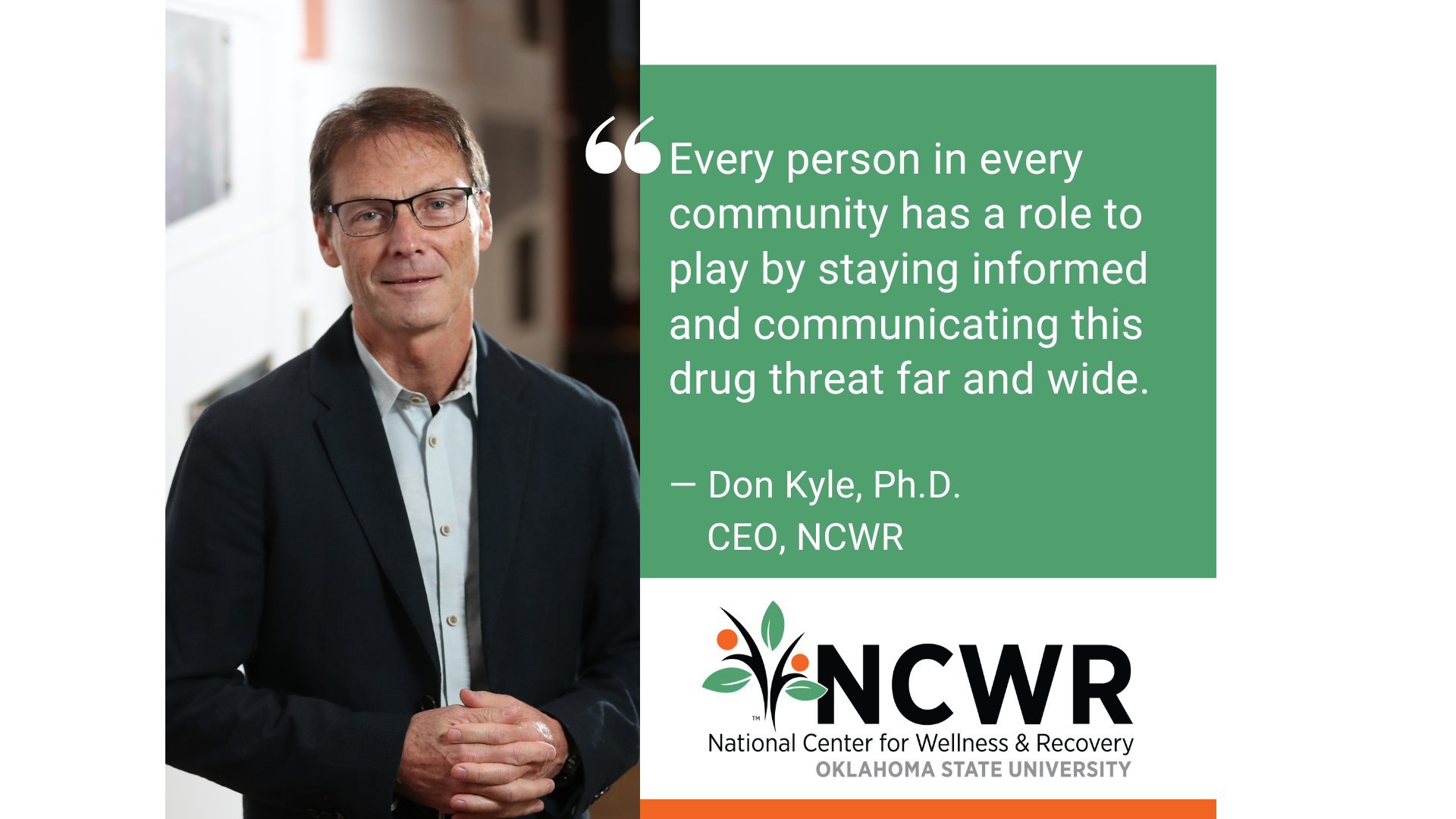
-
As students head back to school, the pressure to succeed and fit in can be overwhelming, especially for those dealing with attention-deficit hyperactivity disorder (ADHD). It is crucial to remind these young minds to never share their medication with friends.

-
Craig Werner, Ph.D., associate director of neuroscience at the National Center for Wellness and Recovery (NCWR), is on a mission to learn more about the brain and substance use disorders.
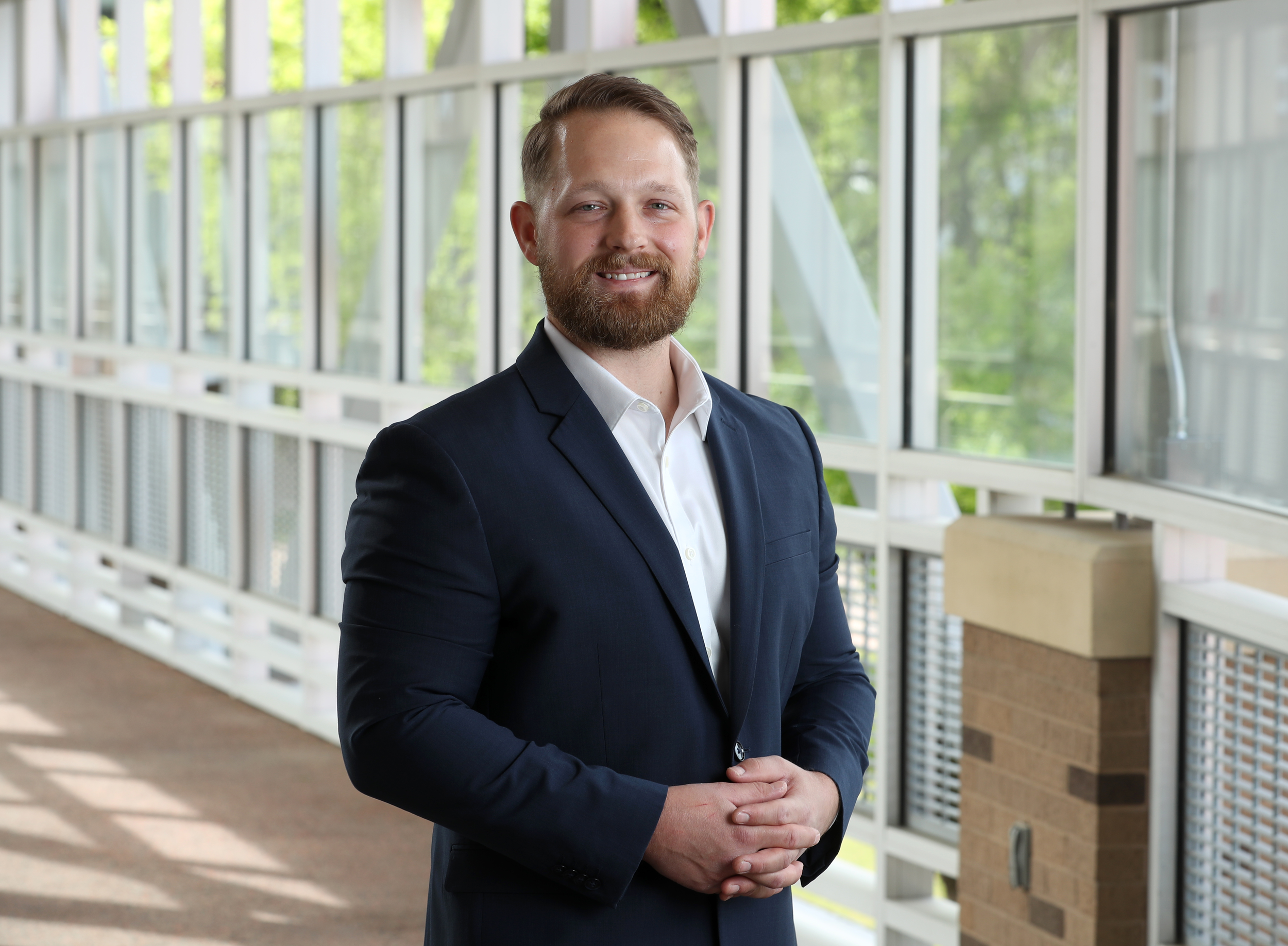
-
The holiday season is typically a time of joy, shared moments and togetherness for many people. It can also be a tough time for people facing substance use disorder (SUD).

-
The National Center for Wellness and Recovery (NCWR) recently participated in a summit in Washington, D.C., focused on the importance of collaboration in pain and addiction research, education and treatment.
